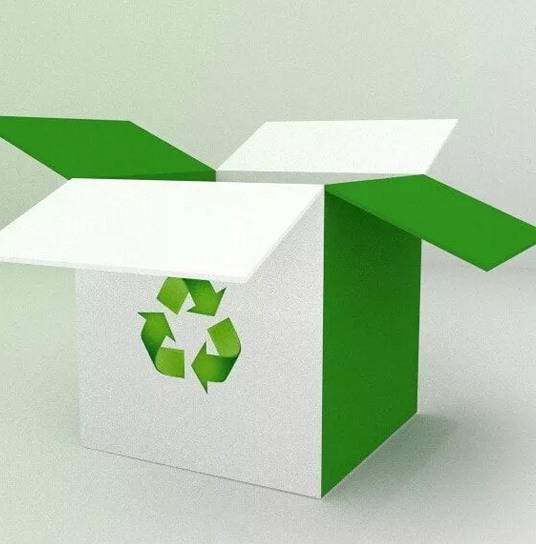
ABOUT US

Our Mission
If you’re like us, you probably go through more cardboard than you know what to do with. After the start of the COVID-19 pandemic, we noticed that between pizza boxes and online orders we were starting to pile up more cardboard than the city could take every week. We asked our neighbors, and they told us the same thing – too much cardboard! We knew we had to find a solution.
After months of research, we found a surprising possible answer to our cardboard problem: mushrooms. As part of a UBC course on sustainability, members of our team researched the mycoremediation of cardboard, in other words, the removal of cardboard waste by way of decomposition via Pleurotus ostreatus, the blue oyster mushroom. Through this study, we found that despite a heavy push for recycling across Canada, paper and cardboard waste makes up about 10% of the nation’s landfills, with around 40% of this recyclable waste going to landfill 1. What’s more, the degradation of these organic wastes in low-oxygen landfill environments leads to the release of harmful methane gases, which are rated at about 32 times the Global Warming Potential (GWP) of CO2 emissions 2. With online orders doubling over the COVID-19 pandemic, we expect these numbers to rise 3.
So where do mushrooms fit in to all of this? Across the world, researchers have been conducting experiments on the use of mushrooms to decompose cardboard waste, and what they found was astonishing: cardboard and paper waste actually performed better as media for mushroom growth, with fruiting bodies growing faster, larger, and with higher nutritional value than those grown on conventional substrates 456 . With the aid of vermiculture and organic compositing methods, our goal is to utilize these environmentally friendly processes to reduce carbon emissions from paper-based waste, create nutritious mushroom products, and produce organic compost for the cultivation of additional food crops, creating a completely zero-waste cycle from trash to table!
TakeIt Recycling was founded in 2020 by Justin Chang, Griffin Hay, Shaiv Kamat, and Wyatt Steinberg, four UBC students whose studies range from history to agriculture to engineering. Visit our contact page for service inquiries, or if you have any questions – we’d love to chat!
- 1Environment and Climate Change Canada. (2020, July 07). National Waste Characterization Report: The Composition of Canadian Residual Municipal Solid Waste. (http://publications.gc.ca/site/eng/9.884760/publication.html)
- 2Environmental Protection Agency. (2020, September 09). Understanding Global Warming Potentials. (https://www.epa.gov/ghgemissions/understanding-global-warming-potentials)
- 3Aston, J., Youssouf, O., Virgin, K., & Vipond, O. (2020, July 24). Retail e-commerce and COVID-19: How online shopping opened doors while many were closing. (https://www150.statcan.gc.ca/n1/pub/45-28-0001/2020001/article/00064-eng.htm)
- 4 Kulshreshtha, S., Mathur, N., & Bhatnagar, P. (2014). Mushroom as a product and their role in mycoremediation.
- 5 Mandeel, Q. A., Al-Laith, A. A., & Mohamed, S. A. (2005). Cultivation of oyster mushrooms (pleurotus spp.) on various lignocellulosic wastes. World Journal of Microbiology and Biotechnology, 21(4), 601-607.
- 6 Owaid, M., Abed, A., & Nassar, B. (2015). Recycling cardboard wastes to produce blue oyster MUSHROOM Pleurotus ostreatus in Iraq. Emirates Journal of Food and Agriculture, 27(7), 537.

Shaiv Kamat

Griffin Hay

Wyatt Steinberg

Justin Chang
